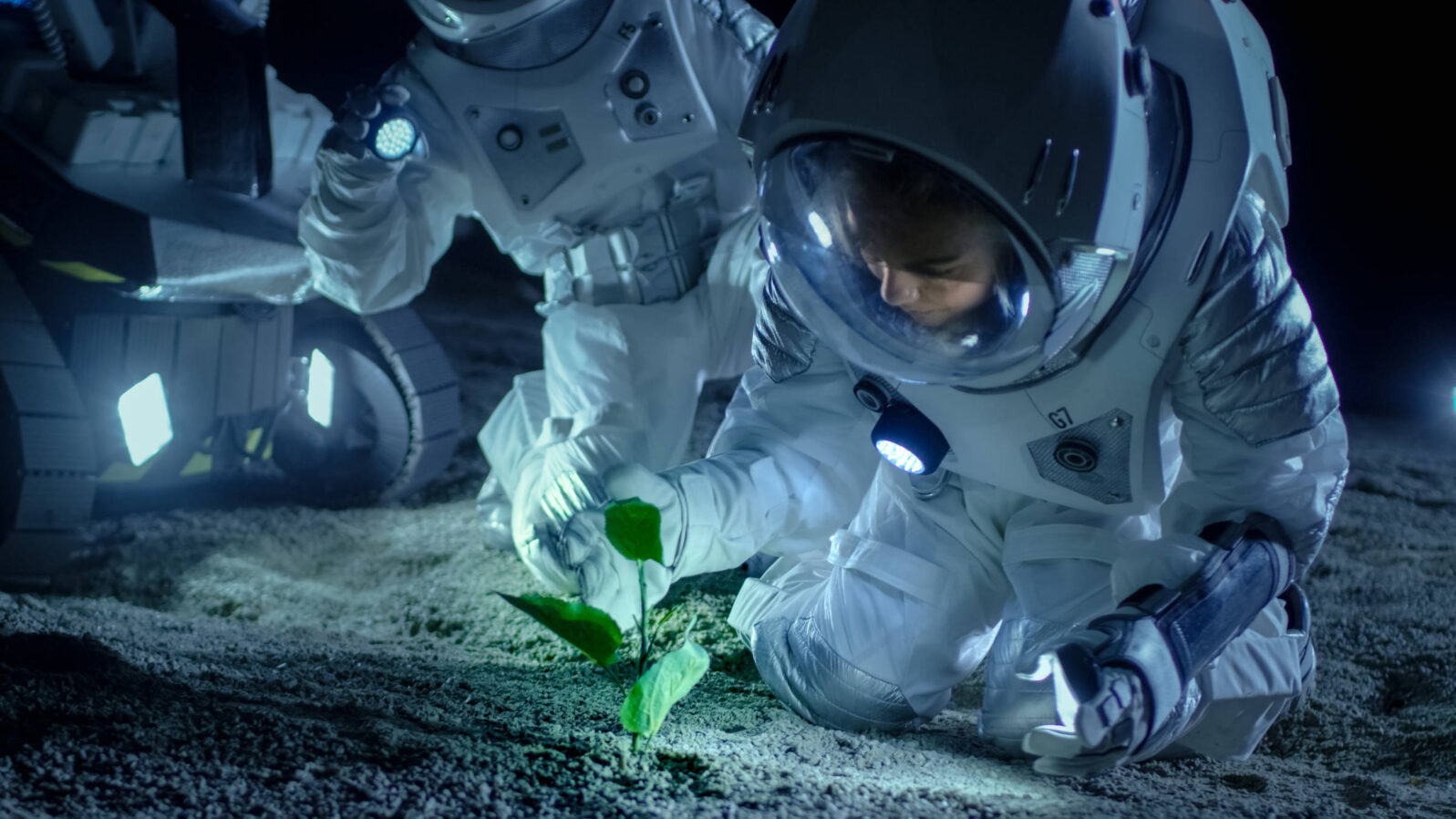Is Intelligence Common or Rare in the Universe?
A recent analysis says that life is common but intelligence not so much. Let’s explore the reasoningA recent analysis says that life is common in the universe but intelligence—not so much. Let’s explore the reasoning.
Columbia astronomer David Kipping hopes to shed light on “how complex extraterrestrial life might evolve in alien worlds”:
Kipping framed the problem in terms of four possible answers: Life is common and often develops intelligence, life is rare but often develops intelligence, life is common and rarely develops intelligence and, finally, life is rare and rarely develops intelligence.
Carla Cantor, “New Study Estimates the Odds of Life and Intelligence Emerging Beyond Our Planet” at Columbia News
In his recent open-access paper, Dr. Kipping argues that the odds are just 3:2 that intelligence is rare. But Earth is, we are told, a special case:
This result stems from humanity’s relatively late appearance in Earth’s habitable window, suggesting that its development was neither an easy nor ensured process. “If we played Earth’s history again, the emergence of intelligence is actually somewhat unlikely,” he said.
Carla Cantor, “New Study Estimates the Odds of Life and Intelligence Emerging Beyond Our Planet” at Columbia News
And he considers his Bayesian inferences no more than a “gentle nudge” toward a hypothesis.
How is Dr. Kipping’s thesis an improvement on SETI’s Drake Equation, notorious for the fact that the answers you get about extraterrestrial life depend on the numbers you choose to plug in?
Extraterrestrials belong to a class of questions of consuming interest in popular science about which we really don’t know anything. So we often try, as in this case, to wish knowledge into existence.
For example, we don’t know that Earth-like planets are even common. The best argument for that view is the “Copernican Principle”—the mere statement that: “all large regions of the universe should be pretty much identical to each others… Biology has adopted a similar viewpoint, now recognizing that the physical processes which control (and formed) humanity must be basically identical to those that are at work in all other known lifeforms.” (Thoughtco)
But we don’t know that Earth is just another planet; the Principle assumes so.
Earth’s many unusual features that appear very well adapted to life (as we understand it) are unlikely to be found together in many venues the universe unless a Program exists for developing life. Thus, if the Copernican Principle is correct, it points to a superintelligence beyond the universe that developed the astonishing fine-tuning program. If life or intelligent life are not common in the universe (the rare Earth hypothesis), a superintelligence may or may not exist. The rareness of Earth doesn’t rule that out; it merely creates a question.
But then there is the question of intelligent life. According to physicist Ethan Siegel,
This does not, however, mean that intelligent life is rare. It means that the information we have doesn’t do a very good job of constraining whether intelligent life’s emergence is rare or common. This is a stark contrast to the question of life’s emergence at all: the data is good enough to conclude that the common-life scenario is more likely than the rare-life scenario. If we started with a clone of early Earth, life would likely emerge, but we cannot reach a good conclusion concerning the emergence of intelligent life.
Ethan Siegel, “Life Might Be Common In The Universe, But Intelligence Is Likely Rare” at Forbes
The counterargument is sometimes made that life as we don’t know it may be common. Maybe far-off exoplanets feature life that doesn’t depend on organic elements (essential for life as we know it). Perhaps, but if we don’t know what we are looking for, how will we know when we have found it? Siegel sums up:
We cannot turn the clock back and see how things would have turned out, nor do we have technosignature data or a surefire Earth-like exoplanet to help us understand these cosmic likelihoods. However, a clever analysis can reveal that when it comes times to place your bets, bet on life’s emergence as a common occurrence as opposed to a rare one. For intelligence, however, the only information is a slight nudge in the rare direction. To learn anything more, we’ll need data that we don’t yet have.
Ethan Siegel, “Life Might Be Common In The Universe, But Intelligence Is Likely Rare” at Forbes
Worse, we don’t even know exactly what intelligence is. One needs to be intelligent to perceive that intelligence even exists. But after that, we encounter many competing understandings.
Some turn to AI for help. For example, in a recent paper, artificial intelligence engineer François Chollet proposes teaching machines to generalize:
Chollet posed a set of problems designed to test an AI program’s ability to learn in a more generalized way. Each problem requires arranging colored squares on a grid based on just a few prior examples. It’s not hard for a person. But modern machine-learning programs—trained on huge amounts of data—cannot learn from so few examples. As of late April, more than 650 teams had signed up to tackle the challenge; the best AI systems were getting about 12 percent correct.
Will Knight, “It’s Called Artificial Intelligence—but What Is Intelligence?” at Wired
Twelve percent generalization? That would not get a human being through a community barbecue without a social uproar. Clearly, AI—which is merely the concepts we can load onto a machine—is not the way to understand intelligence either.
At the end of the day, despite all our research, we still don’t know whether humans are the only intelligent beings in the universe. Guessing is fun, as long as we understand that that is all it is.
Further reading:
Tales of an invented god The most important characteristic of an AI cult is that its gods (Godbots?) will be created by the AI developers and not the other way around.
